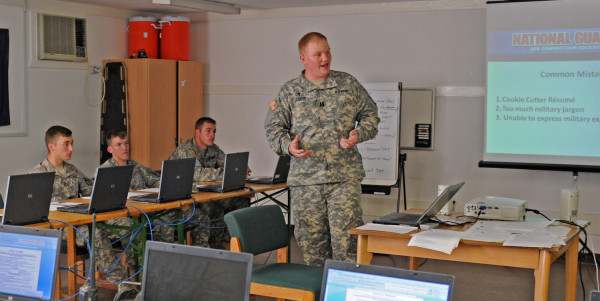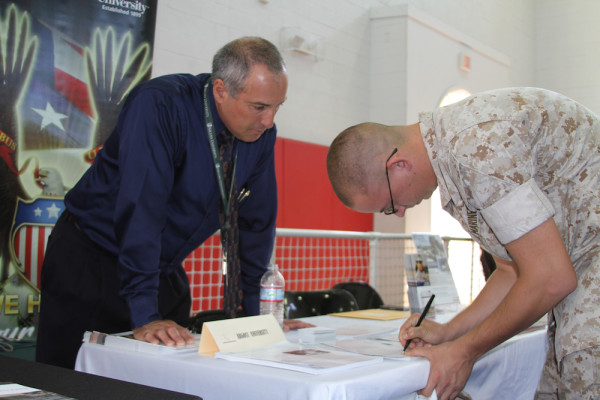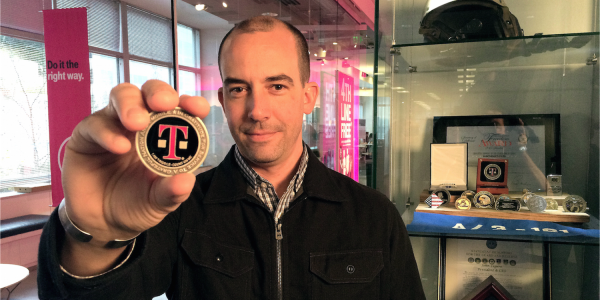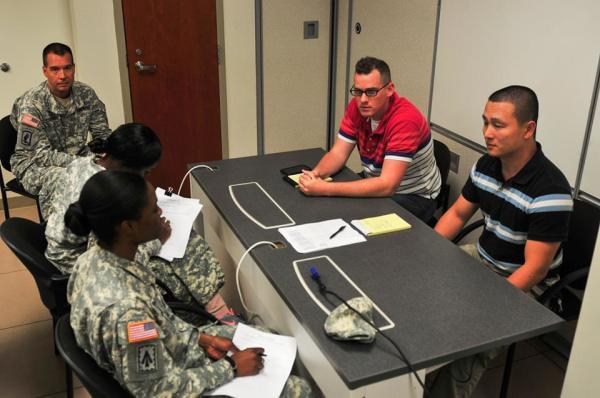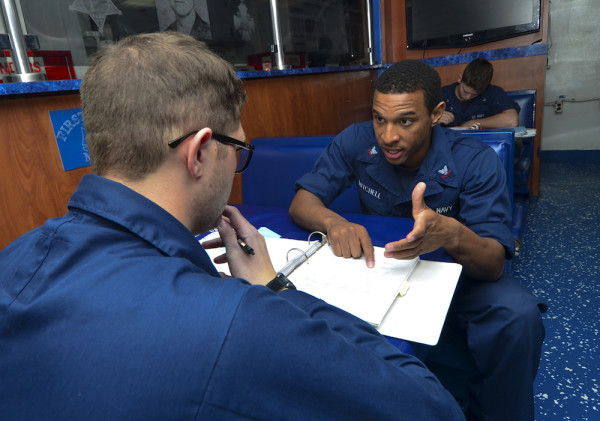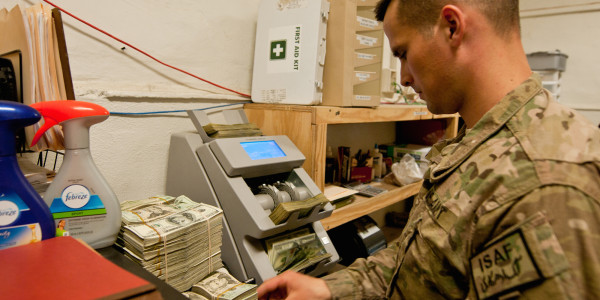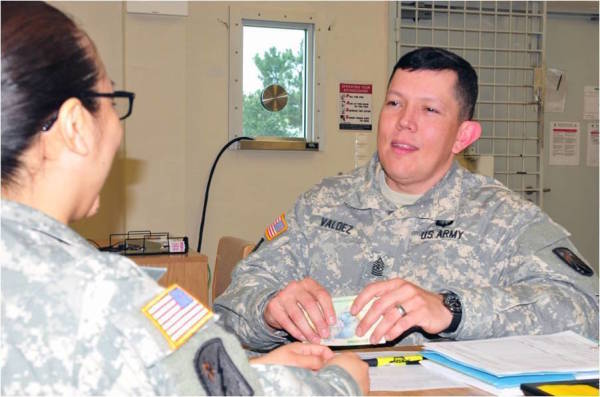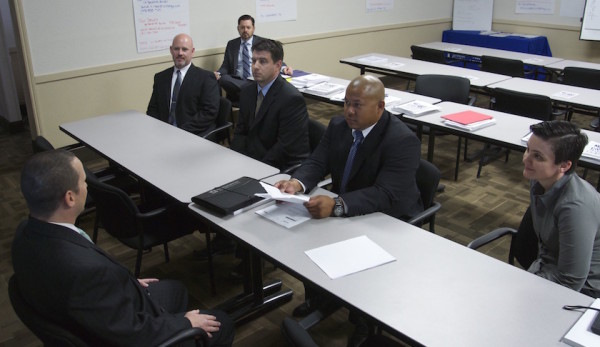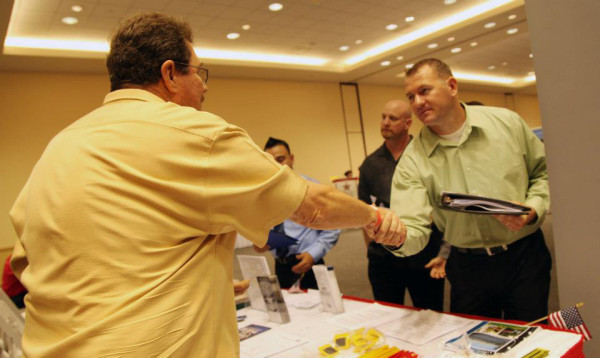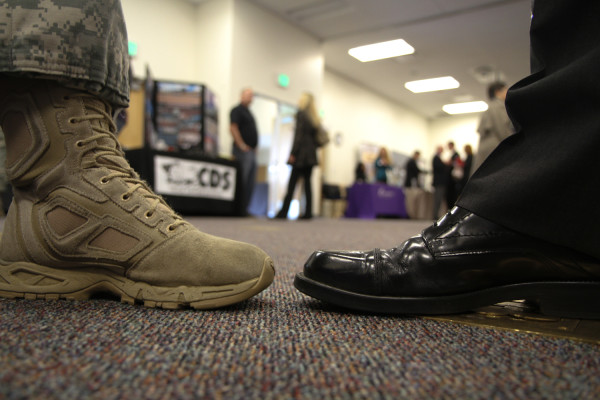There is no better person to offer advice on writing a cover letter than the person who actually reads it on behalf of a company. We asked five employees with Hirepurpose companies what key information are they looking for when reviewing a cover letter.
Here’s what they said.
“Make sure to address company values, include key words showing past qualifications and experiences, originality and purpose. Too many cover letters look the same after viewing hundreds of them throughout the day. Make yours stand out.”
Takeaway: Make your cover letter unique. Don’t use the same generic template for every cover letter; tailor it to the job you’re applying for.
“To improve your chances of securing an interview, use cover letters as an extension of your resume and include key information to help hiring managers better gauge your knowledge and interest in their company and specific job. Ensure to include where you heard about the job; how your career objectives, education, training, and employment experiences align with the position you’re applying for; what excites you most about the opportunity; and your availability to start and relocate, if appropriate.”
Takeaway: Your cover letter shouldn’t just be about you, it should also be about what you can bring to the company and role you’re applying to.
Related: The one surefire way to have your job application ignored »
“For me, the traditional cover letter just needs to be a simple introduction to the person applying for the job. If the letter, or perhaps even first e-mail, is an easy opportunity for me to reply, that helps. Simple things like, phone number and e-mail address are key on every communication for busy people. Also highlight:
- What is the position of interest
- Primary skills to make job seeker stand out
- Professionalism
- Friendliness
- Someone that I can think to myself, ‘I see confidence in this person and believe he or she has what it takes to jump in and get the job done.’”
Takeaway: Make sure your cover letter includes the right information for a hiring manager to contact you. Use the cover letter to demonstrate you are professional, courteous, and confident.
“I don’t recommend using cover letters or at the very least sparingly. The truth is recruiters don’t read them. I’ve heard various stats on this, but the most common is a recruiter will spend roughly 5-10 seconds reviewing your resume. If you don’t catch their attention in that time, they will pass you by. I find that candidates spend all of their time on the cover letter and not their resume. Instead, spend your time adjusting your resume to speak to the role you’re applying for.”
Takeaway: Every company has a different policy when it comes to cover letters. Bottom line is that your cover letter should not outshine your resume.
“A cover letter helps us understand more about why someone is looking for a new career opportunity, the traits they value in a position and company, and the core competencies they possess and would bring to their work every day. A cover letter also helps to entice the reader to learn more and read their resume for more details.”
Takeaway: Some hiring managers use the cover letter to decide whether to read your resume, so make your cover letter engaging and personalized for every job you apply for.
